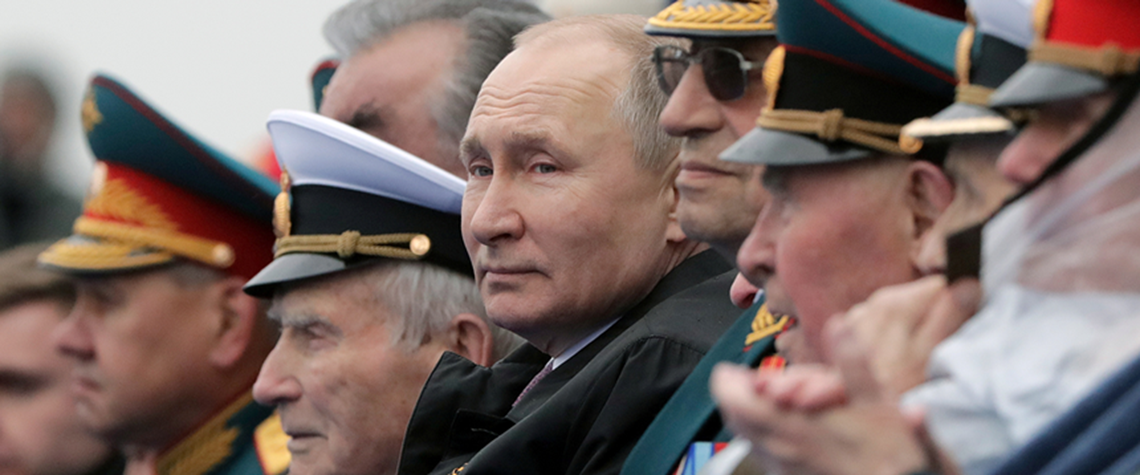Letter from Europe: Weaponised interdependence?
Mounting fear of an invasion of Ukraine has put Europe’s uneasy relationship with its biggest gas supplier back into the spotlight
Russian gas flows to Europe were unaffected by Moscow’s annexation of Crimea in 2014, partly because economic interdependence had evolved into a condition of mutually assured economic destruction. In 2013, gas accounted for about 14pc of Russia’s export revenues, or roughly $73bn. Russian gas accounted for nearly 30pc of EU supply, and more than a third of Germany’s. And so, when the US and EU formulated their response to the annexation, they were careful to avoid any measures that could disrupt the continued flow of gas from Russia to Europe. But now, Russia's swollen cash reserves may have convinced the Kremlin that it could withstand any retaliatory economic strike. Russia’s foreign reser

Also in this section
25 July 2025
KRG, Iraq’s central government and Turkey are all working to get exports flowing from the key port, but complications remain
25 July 2025
Mozambique’s insurgency continues, but the security situation near the LNG site has significantly improved, with TotalEnergies aiming to lift its force majeure within months
25 July 2025
There is a bifurcation in the global oil market as China’s stockpiling contrasts with reduced inventories elsewhere
24 July 2025
The reaction to proposed sanctions on Russian oil buyers has been muted, suggesting trader fatigue with Trump’s frequent bold and erratic threats








